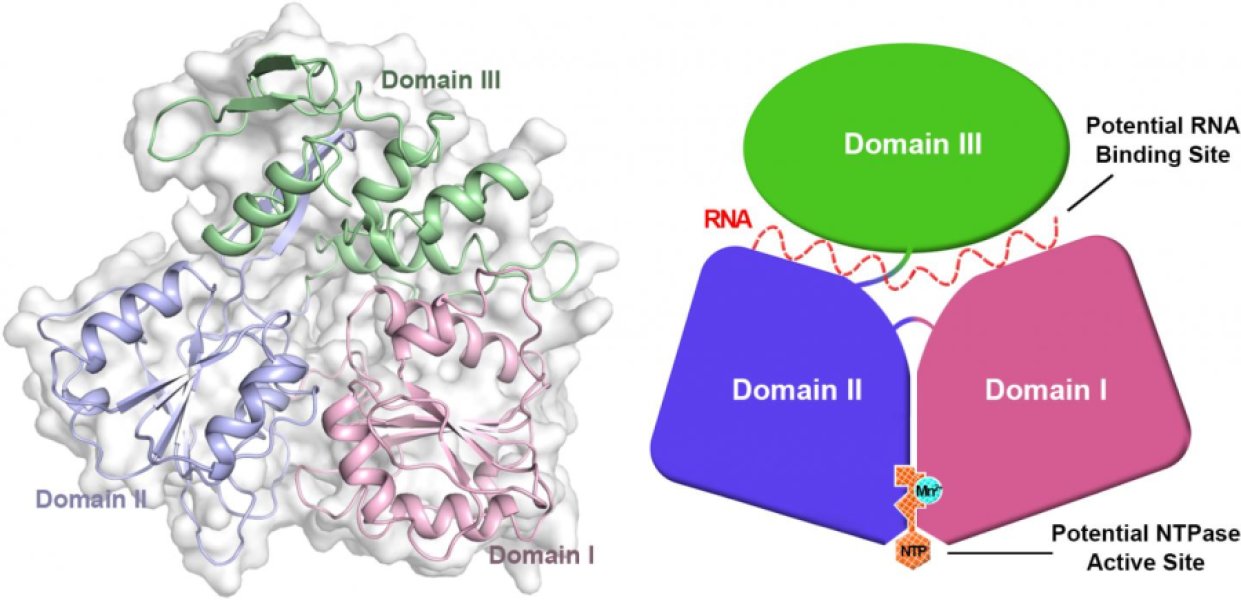The Senate has advanced $1.1 billion in emergency funding to combat the Zika virus, but remained at odds with the House over how much money should be directed to tackle the public health threat. The two chambers would have to reach agreement on a spending level before they can send it to President Barack Obama, who in February requested $1.9 billion. The White House has called the House measure “woefully inadequate” and has threatened to veto it.
The Senate will enter negotiations with the House with a strong hand: a bipartisan 68-30 vote in favor of the emergency funds to battle Zika, a virus that has been spreading rapidly through the Americas, with more than 100 confirmed cases in the U.S. state of Florida. However, the conservative group Heritage Action is lobbying against any Zika funding bill that is not paid for with an equal amount of spending cuts.
There is a link between the Zika infection and birth defects, including brain abnormalities and microcephaly. Studies are also under way on links between the virus and nerve problems. Many scientists assume the virus is behind at least two types of neurological complications in adults, including Guillain-Barre syndrome.
The $1.1 billion Senate package would direct $361 million to the Centers for Disease Control and Prevention for programs and $200 million to the National Institutes of Health to aid in vaccine research. Money would also go toward new diagnostic tests for the Zika virus, and more than $50 million for Puerto Rico, which has been especially hard hit.
Zika Virus – Latest Update
A team of researchers from Tianjin University has solved the structure of the Zika virus helicase, which is a key target for antiviral development. This is an essential step for viral replication. By targeting Zika virus helicase with small-molecule inhibitors, it might be possible to stop viral replication and prevent disease. The scientists have successfully obtained an image at 1.8 angstroms of this viral enzyme. An angstrom is one ten-billionth (10-10) of a meter.

The high-resolution image of the Zika virus key enzyme will help scientists develop drugs to treat the Zika virus disease.
















